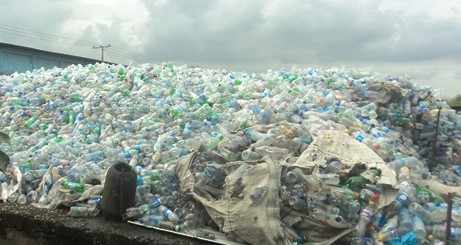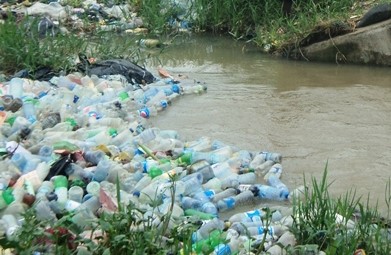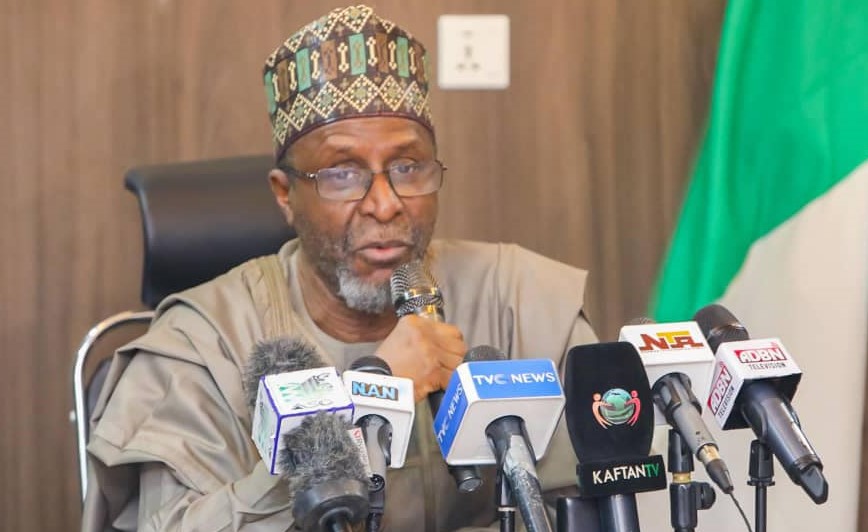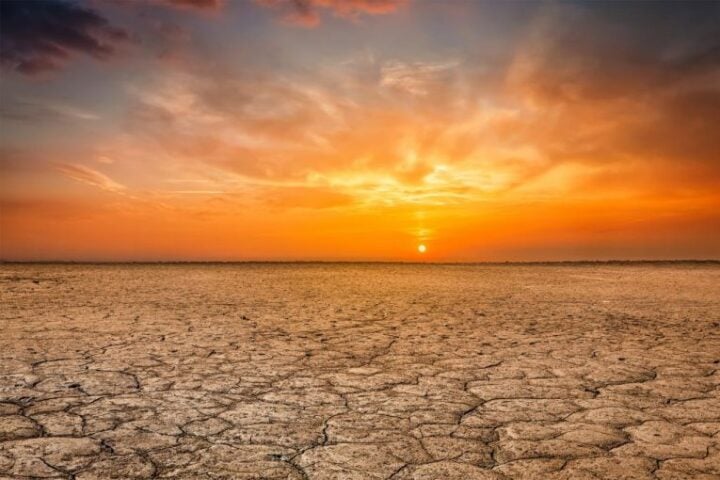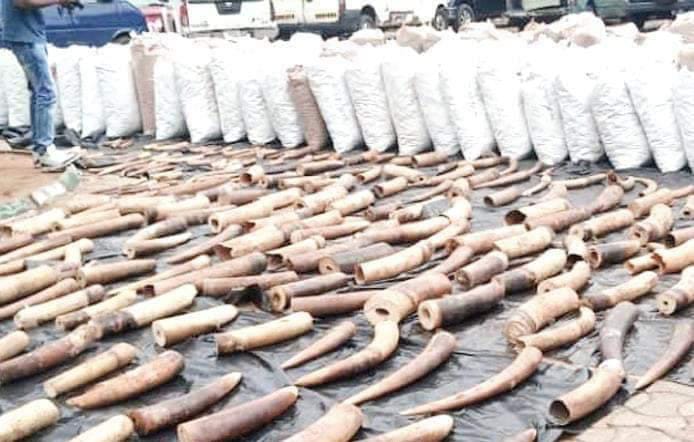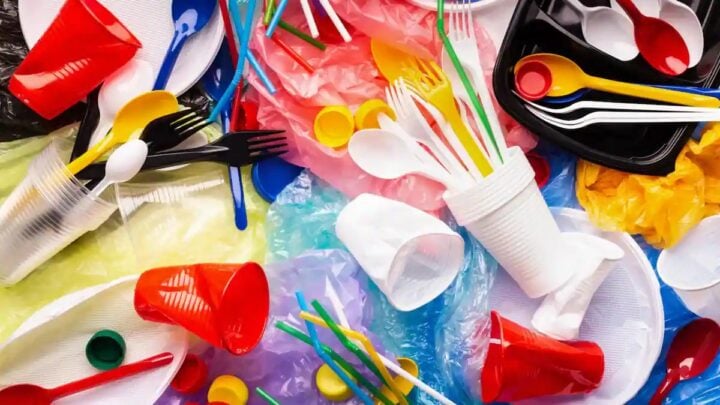Plastic waste
Despite directly impacting our communities, health, and livelihoods, climate-related reports usually take a back seat to dominant news beats like politics and business.
Climate Watch aims to ensure you never miss important stories on climate change and actions being taken toward limiting its impact.
Here is a round-up of last week’s climate stories:
- Last week, some youth-led non-governmental organisations (NGOs) declared support for the ban on styrofoam and single-use plastics (SUPs) by the Lagos state government. The organisations commended the Lagos government for the ban and noted that such an action is a “significant step towards a cleaner future for Lagos and Nigeria”. The groups said “grassroot solutions alone cannot effectively eliminate plastic pollution crisis without stringent policies”. They added that while the ban might come as a shock to businesses, it is a welcome development as some African countries like Rwanda have long effected a similar action. Read more here.
- In an interview with TheCable, Tokunbo Wahab, commissioner for environment and water resources in Lagos, said styrofoam is “completely banned” in the state due to its non-biodegradable nature. Wahab said plastic bottles are not banned, noting that “encouragement will shift towards refill and deposit-refund systems, not outright bans”. When asked if pure water sachet is also banned, the commissioner said: “Not in the immediate”. Find out more here.
- A report by Arem Solar, a renewable energy company in Lagos, says Nigeria is the 16th largest producer of solar power in Africa. The report revealed that one megawatt (MW) of solar energy could generate enough electricity to power 800 homes in 24 hours. According to the report, the average solar energy capacity in Africa is 217 MW while more than 80 percent of countries in the continent did not produce over 200 MW. The report said Nigeria produces the most solar power at 70 MW. Find out more here.
- Iziaq Salako, minister of state for environment, on January 30, said the federal government will commence the implementation of the circular economy roadmap for the country this year. The minister said the federal ministry of environment has set up a “circular Nigeria committee” to promote sound circular economy principles and practices in the country. Salako said the ministry will prioritise waste-to-wealth and waste-to-energy initiatives and programmes as part of efforts to encourage circular management of waste. He urged all departments under the ministry of environment to implement the same policy “in preparation for the inevitable ban of single-use plastics in our country”. Read more here.
- Uche Nnaji, minister of science, technology and innovation, says there is a need for Nigeria to produce green hydrogen as a sustainable energy alternative. The minister said Nigeria must play a critical and leading role in the global energy transition. Nnaji said green hydrogen has the potential to address the impacts of climate change caused by the release of greenhouse gases from fossil fuels. He said the country enjoys abundant sunshine and has immense solar radiation potential to power electrolysers for hydrogen production. Read more here.
- FIST Africa and the Nigerian Center for Climate Resilience and Adaptation (NICCRRA) have announced plans to partner in addressing climate change and agricultural challenges in the country. The non-governmental organisations (NGOs) said the partnership aims at addressing the challenges posed by climate change as well as promoting sustainable agricultural practices in Nigeria. The organisations said the partnership will focus on climate resilience, agricultural development and research initiatives to provide solutions to challenges. Read more here.
Advertisement
